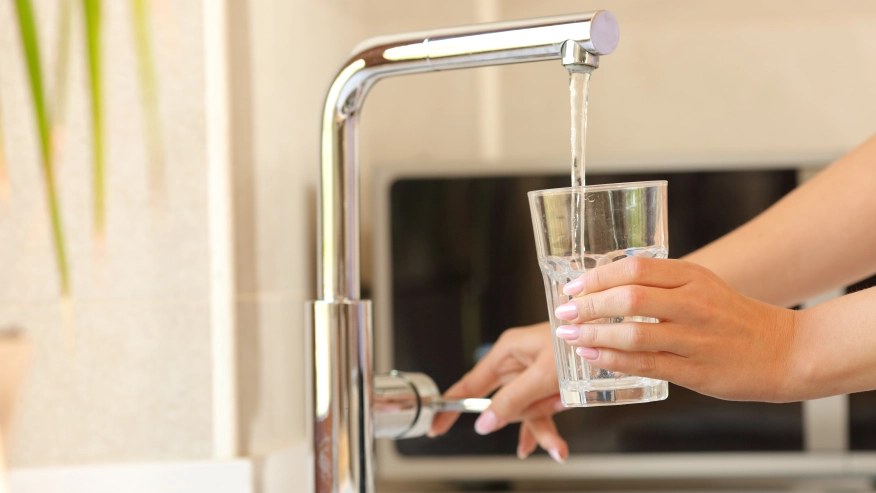Are you curious about the mineral content in the water that comes out of your tap? This blog post will provide you with a detailed guide to the importance of periodically testing your tap water and determining its hardness. Furthermore, we’ll cover why testing is important and what you can do if your water contains too many minerals. So, let’s get started!
First things first, let’s define “what is hard water”. Hard water is simply water that contains high levels of calcium and magnesium ions. To determine whether or not your tap water is hard, you need to measure the amount of these minerals present in the water. The more minerals present in your water, the harder it is considered.
Why should you test your tap water?
Testing your tap water for hardness is essential because hard water can cause a variety of issues throughout your home. It can lead to clogged pipes, spots on dishes after washing them, as well as deposits on sinks and bathtubs. Additionally, if left untreated for too long, it can cause damage to appliances like dishwashers and clothes washers. Therefore, it’s best to test the mineral content of your tap water regularly so you know exactly how much calcium and magnesium ions are present in your drinking water.
How do I test my tap water?
Fortunately, testing for hard water requires no special equipment or knowledge – all it takes is a simple kit available at most hardware stores! These kits usually include paper strips that change colour when they come into contact with hard minerals and require only a few drops of tap water to reveal accurate results within minutes. Once you have tested your tap water with one of these strips, follow the instructions included in the kit to interpret the results and find out what kind of condition your drinking water is in!
Testing for hardness in tap water doesn’t need to be expensive or complicated
All it takes is a simple test strip kit from any hardware store! Periodically testing for mineral content in drinking water isn’t just important – it’s essential for maintaining healthy plumbing systems and avoiding costly repairs down the line.
If you find that there are too many minerals present in your drinking water, don’t worry – there are plenty of solutions available that can help reduce levels of calcium and magnesium ions while still providing safe drinking water quality at home. So, take some time today to ensure that your family has access to clean, safe drinking water by testing for mineral content regularly.




